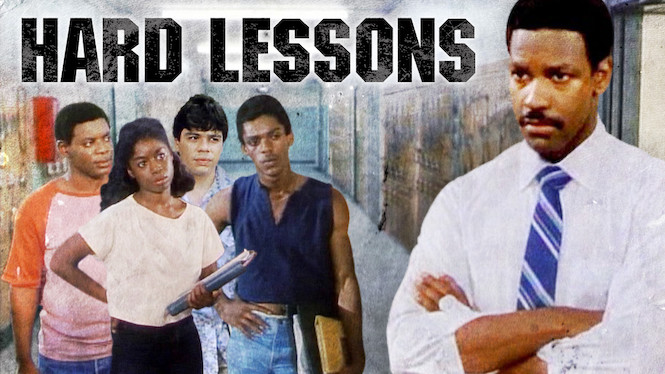Thursday
It’s time for us to see attacks on “Critical Race Theory” (CRT) for what they are: attempts to rewrite history in a way that favors Whites. My past two posts (here and here) have been about a Tennessee Contemporary Issues teacher who, in the grand tradition of John Thomas Scopes, was fired for teaching his students things their parents didn’t want them to hear (white privilege in this case). It’s not only Tennessee as rightwing attacks on history teachers and history curricula are breaking out all over the country. And then there’s the Texas governor not allowing the truth to be told about the Alamo.
Of course, this is all part of a larger history-rewriting trend where people are already trying to erase the January 6 insurrection and Joe Biden’s 2020 electoral victory.
I noted yesterday that African-American poet Lucille Clifton used to tell audiences that she wrote poetry to comfort the afflicted and to afflict the comfortable, a mantra that some newspapers have also used. The attacks on race education make clear that sometimes, to afflict the comfortable, one just has to remember what actually happened. Clifton asserts this in her understated poem “why some people be mad at me sometimes”:
why some people be mad at me sometimes
they ask me to remember
but they want me to remember
their memories
and I keep on remembering
mine
I didn’t realize, when I first read this poem years ago, how mad people could get over remembering. That itself is an instance of my white privilege as only groups that are history’s winners can afford to forget history.
Upon rereading “why some people,” one realizes it has more of an edge than first appears. Clifton uses a colloquial Black English expression—“be mad at me” (instead of “are mad at me” or “get mad at me”)—which makes it sound as though she’s resignedly shrugging it off. The qualifiers “some people” and “sometimes” shows her going out of her way not to blame everyone, as though she’s a naive innocent. But don’t be fooled: she knows exactly what her remembering means, and the “mine” at the end of the poem hits with seismic force. She is insisting on her own identity, no matter how much Whites want her to do otherwise.
She’s a bit more explicit in a poem I’ve written about in the past. In “note to self” she talks about how a white community wants to stifle the cry of a black student when she wants to tell them uncomfortable truths.
The “right” she is talking about in the following passage is the right to define African Americans. As I was one of the trigger points of the poem (I explain the history in this post), that places me as one of the “best” white folk—a mixed compliment as you will see–although the complaint is easily extended to other well-meaning white liberals:
even the best believe
they have that right,
believe that
what they say i mean
is what i mean
as if words only matter in the world they know,
as if when i choose words
i must choose those
that they can live with
even if something inside me
cannot live,
as if my story is
so trivial
we can forget together,
as if i am not scarred,
as if my family enemy
does not look like them,
as if i have not reached
across our history to touch,
to soothe on more than one
occasion
and will again…
We never learn anything of significance if we limit our intake to what makes us feel comfortable. Teachers around America know this, which is why they will begin fighting back against attempts to turn American history into rightwing propaganda. Clifton gives us a taste of what that fight will look like.
